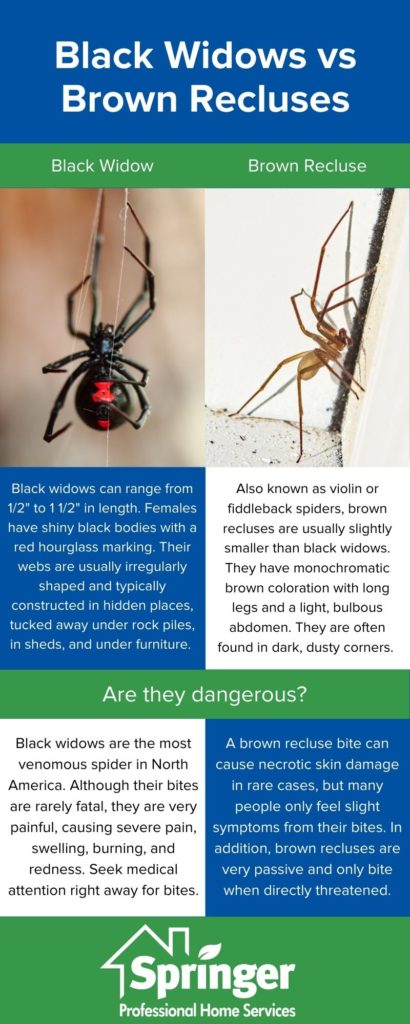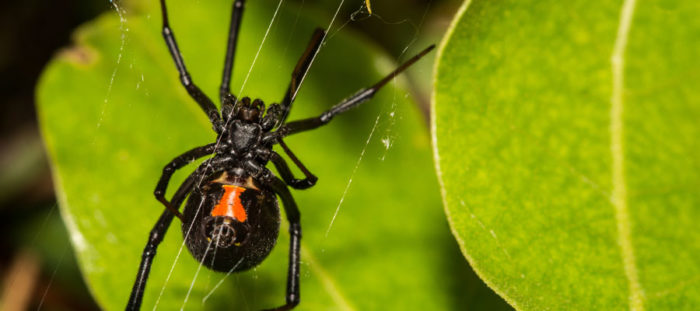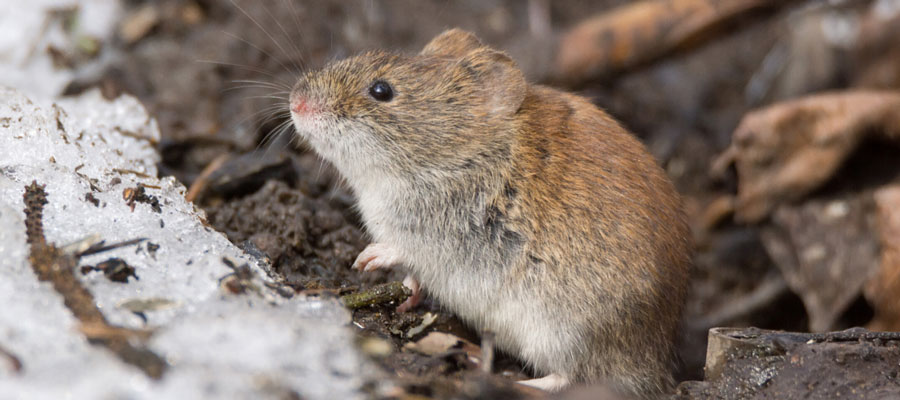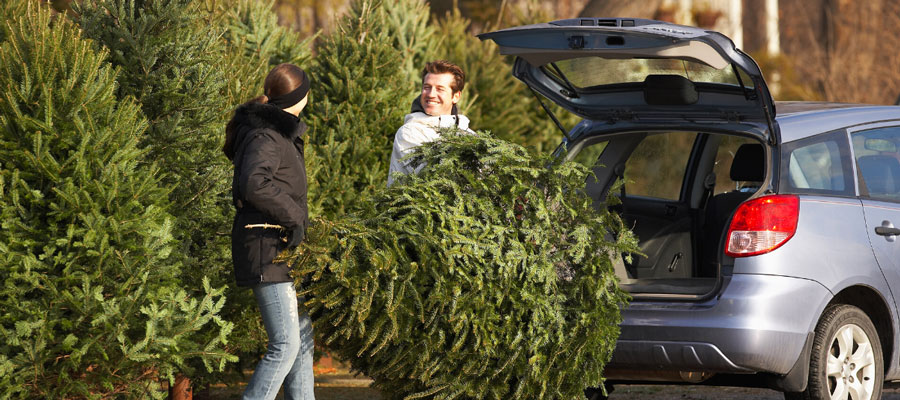If you’re noticing more spiders in your home recently, there’s a reason why! In the late summer and early fall months, spiders are out in full force. This is why you may see more in your Des Moines area home if they start to get inside in search of food, water, and shelter. Most spiders that you encounter in your property are harmless and likely want nothing to do with you. However, there are two spiders in particular that need to be watched out for: the black widow and the brown recluse spider. The team at Springer Professional Home Services is here to share all you need to know about spiders this fall.
Are All Spiders Dangerous?
Your common house spider may look scary to you, but thankfully will leave you alone! The black widow and brown recluse spiders are dangerous any time of year, but are often seeing in or around your home in the late summer/early fall. Both of these spiders are able to administer a bite that can cause serious side effects, making it important to know how to identify them:
- Brown recluse spiders. These spiders have a darker brown hourglass shape on their brown bodies. They build loose, dome-shaped webs for shelter. A brown recluse bite is known to be very painful.
- Black widows. These spiders have a characteristic red hourglass shape on its body. They build sticky, tangled cobwebs in garages, sheds, and near the ground. They can bite when they feel threatened.
Have a pest problem? We can help!
 How to Avoid Spiders This Fall
How to Avoid Spiders This Fall
No one wants spiders invading their home this fall or any time of the year, for that matter. Thankfully, there are a few things you can do to make your property less attractive to spiders. Here are our top spider prevention tips:
- Keep your lawn and yard trimmed. Overgrown bushes, shrubs, piles of wood, and more can attract spiders to your property and eventually indoors.
- Regularly clean your home. Doing so can prevent insects that spiders like to prey on and eliminate hiding spots for pests.
- Seal any cracks and crevices. Inspect the inside and outside of your property for tiny spots that may be inviting spiders in, and seal properly.
- Install or repair screens on doors and windows. Holes or crevices in screens will easily invite spiders (and other pests) inside.
- Inspect boxes and used furniture prior to bringing them inside. Adult spiders or egg sacs could be nestled in old unopened boxes.
Do You Need Professional Spider Removal?
It’s completely normal to see a few spiders every so often in your home. However, if you are starting to see spiders on a daily basis—or if you spot a black widow or brown recluse—it’s time to enlist the help of a professional. The team at Springer can keep you spider-free this fall and all year long.



